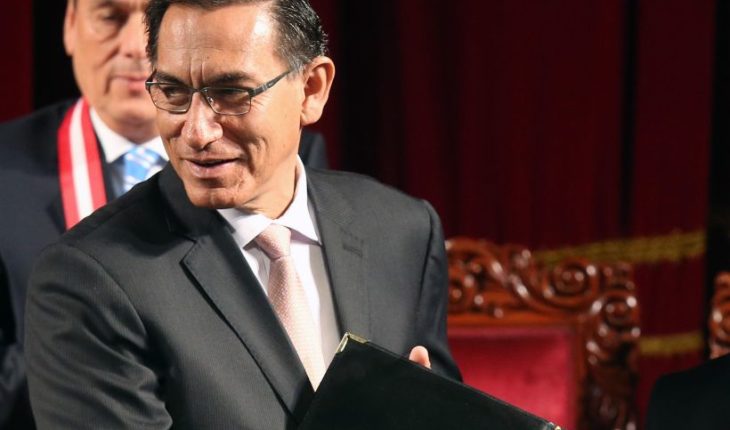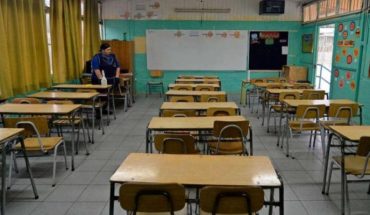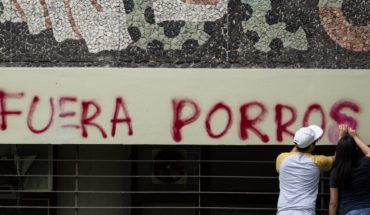The Organization of American States (OAS) on Tuesday called on the Constitutional Court of Peru to settle the conflict between the government of Martín Vizcarra and congress, majority opponents, around the reform of Magna Carta, which has added gone to the Andean nation in a serious political crisis. Last week, Congress tore the constitutional reform and consequent electoral advance sought by the government, which responded monday with a political maneuver to at least anticipate the appointment with the polls. Thus, the prime minister launched a question of trust, which if rejected would have allowed the Executive to dissolve Parliament and convene legislative elections. Members refused to debate and vote on the issue of trust and Vizcarra countered by closing The Congress and calling early elections, interpreting that his honourable Members had withdrawn the trust of his Cabinet. Parliament also did not lag behind and incapacitated the President for “moral incapacity”, after which he was replaced by his vice-president, Mercedes Araoz.So the Police and the Armed Forces have supported Vizcarra, who has also received the support of the regional governments and protesters. For now, only the Ombudsman’s Office has aligned itself with the Members. The OAS spoke on Tuesday, arguing that it is “the political responsibility of the General Secretariat to ensure compliance with the effective exercise of representative democracy as the basis of the rule of law and constitutional regimes.” In this case, it considers that it is for the Constitutional Court of Peru to rule on the legality and legitimacy of the institutional decisions taken, as well as on the differences that may exist in the interpretation of the Constitution, according to the actions and the actions that the political actors carry out on it,” he said. In particular, it considered “a constructive step” that “elections have been called in accordance with constitutional deadlines and that the final decision rests with the Peruvian people, who hold the sovereignty of the nation”. “It is desirable that the political polarization suffered by the country is resolved by the people at the ballot box,” he said. In addition, it urged the parties to “make calm gestures in the face of the crisis” so that “citizenship is not exposed to acts of violence in a framework of political conflict and fragility observable in recent months through different points of possible escalating sectoral conflicts that, while oblivious to the landmark crisis, could complicate the situation.” Finally, the hemispheric bloc has been declared “at the disposal of Peruvian political actors in case they decide to require support for solutions in line with the rule of law and the constitutional order of the country”.
translated from Spanish: OAS urges Peru’s Constitutional Court to resolve government-congress dispute
October 1, 2019 |





